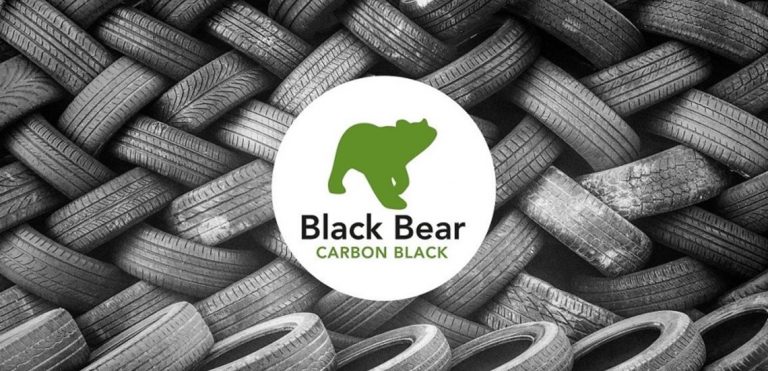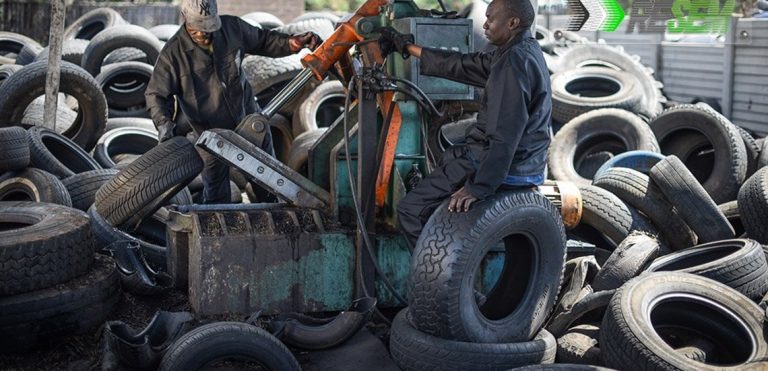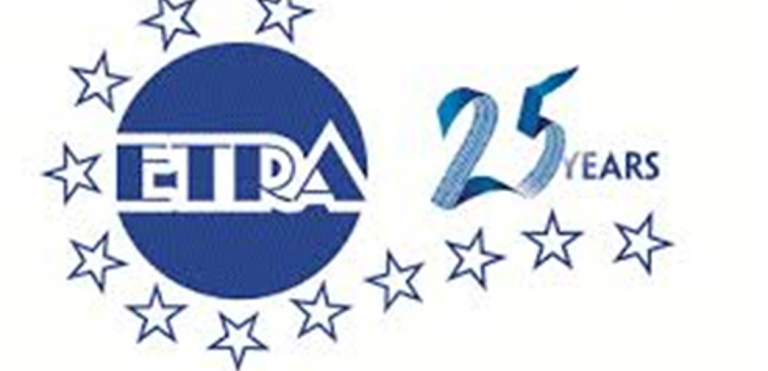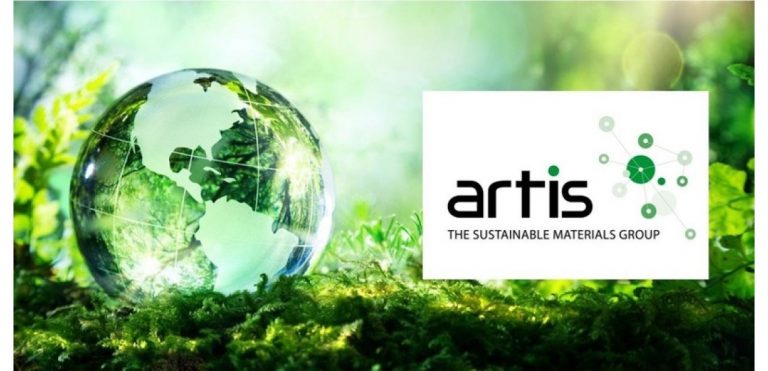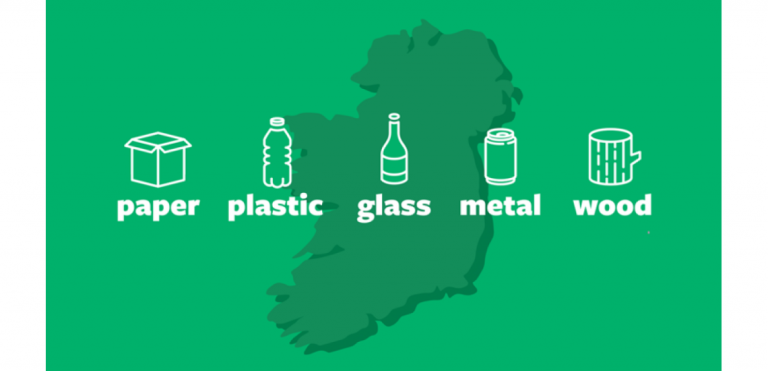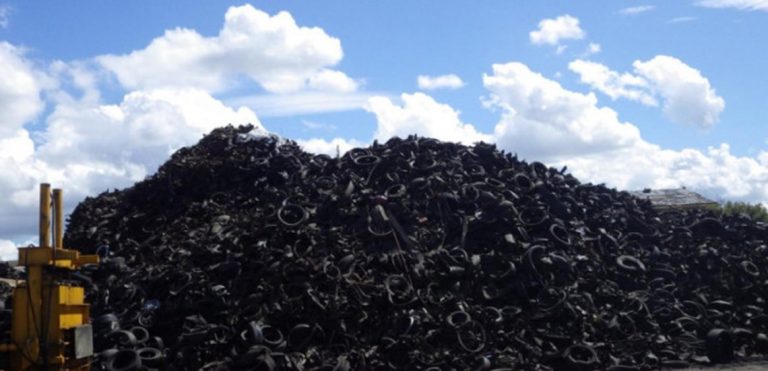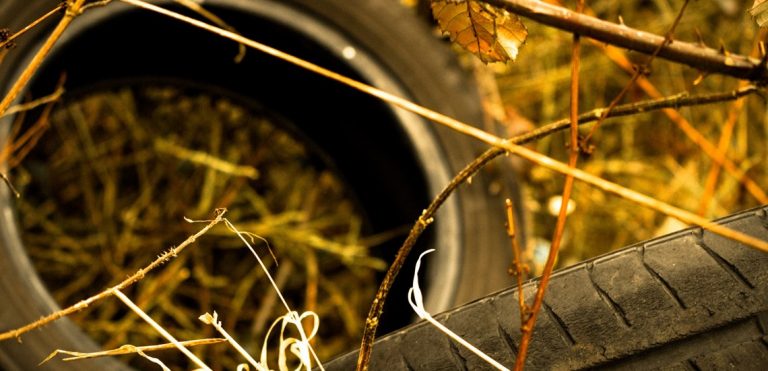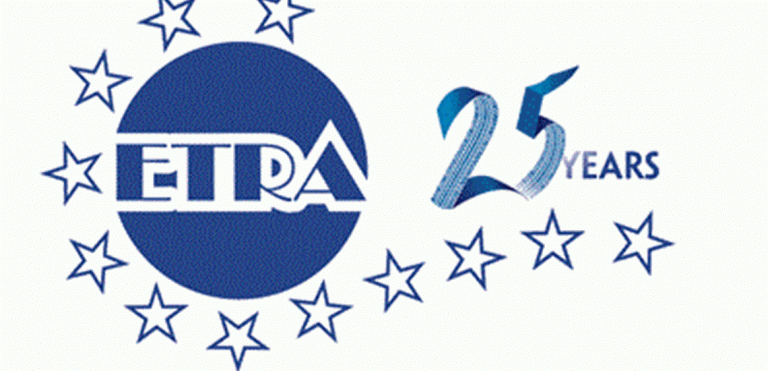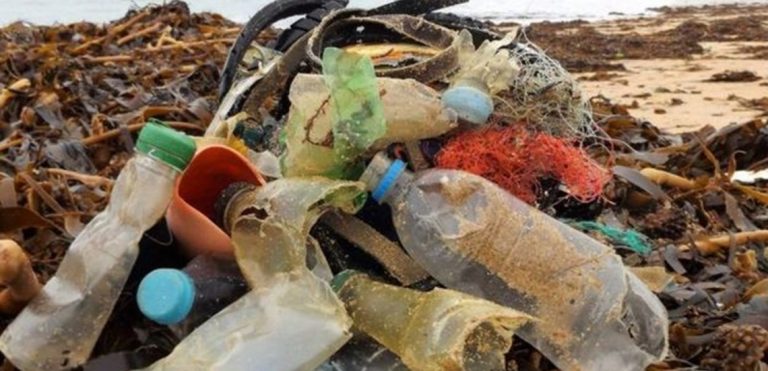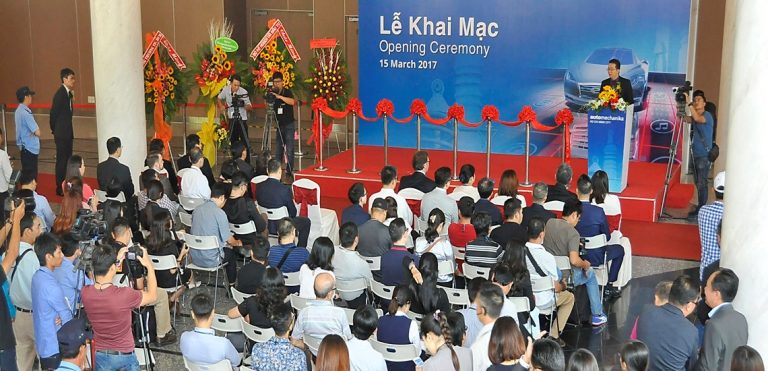Black Bear Carbon has been named in the prestigious 2018 Global Cleantech 100, produced by CTG (Cleantech Group), whose research and events services keep its audiences and clients in touch with emerging trends, leading innovation companies, and all key players in sustainable innovation.
The Global Cleantech 100 represents the most innovative and promising ideas impacting the future of a wide range of industries, according to the players in the market. Featuring companies that are best positioned to solve tomorrow’s clean technology challenges, the Global Cleantech 100 is a comprehensive list of private companies with the highest potential today to make a significant market impact within a 5-10-year timeframe.
“We are pleased to be selected as a Global Cleantech 100 company. It is another validation of our current traction and builds on our recent announcement of the AkzoNobel partnership” says Martijn Lopes Cardozo, CEO of Black Bear.
This list is collated by combining proprietary CTG research data, with weighted qualitative judgments from hundreds of nominations, and specific inputs from a global 86-person Expert Panel. To qualify for the list, companies must be independent, for-profit, cleantech companies that are not listed on any major stock exchange.
This year, a record number of nominations were received: 12,300 distinct companies from 61 countries. These companies were weighted and scored to create a short list of 312 companies. Short-listed nominees were reviewed by CTG’s Expert Panel, resulting in a finalized list of 100 companies from 18 countries.
The 86-member expert panel is drawn from leading financial investors and representatives of multi-national corporations and industrials active in technology and innovation scouting across Asia, Europe, and North America. The composition of the expert panel broadly represents the global cleantech community, from pioneers and leaders to veterans and new entrants. The diversity of panelists results in a list of companies that command an expansive base of respect and support from many important players within the global cleantech innovation ecosystem.
















